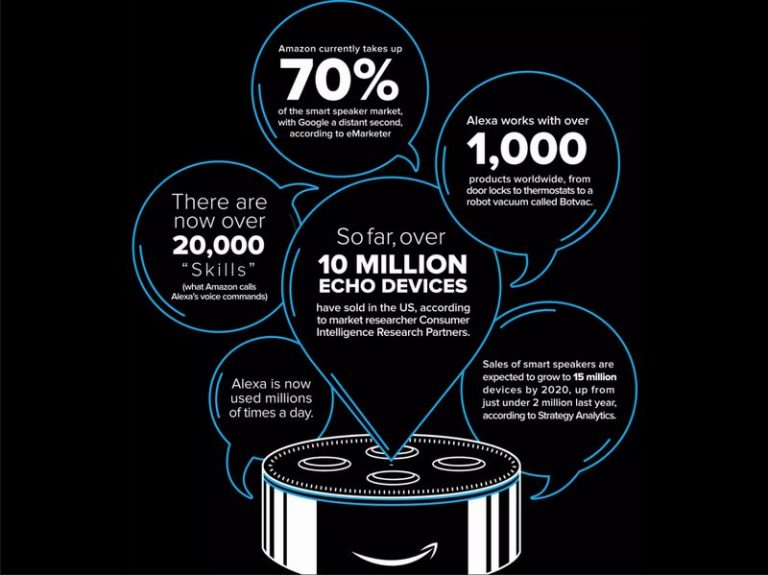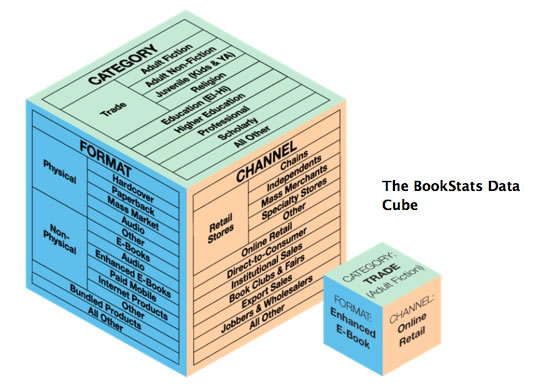Why We May Soon Be Driving and Living in Alexa’s World Unless Google or Apple’s will say I do! Amazon’s voice assistant has wormed herself into our lives, and into much of the culture beyond, When Amazon unveiled Alexa three and a half years ago, it was roundly jeered. Now, against all expectations, even […]
Content Marketing Adopts a Publisher Mindset
What It Means to Adopt a Publisher Mindset and Steps to Making It Happen Adopting a publisher mindset means understanding what publishers value, what they look for in content, and then what they feel needs to be done to that content once it’s published. Publishers like strict schedules. Because publications deal with so much content, […]
Increase Content Creation Without Hiring More People
One of the biggest concerns facing companies when it comes to their content marketing is how to create enough content to be effective, especially when faced with limitations in people equipped to handle such tasks. Here are a few ideas to help you increase your production of quality content: Give your old content a new […]
Work Hard to Create Great Content
Getting eyes on your content entails using a combination of SEO (search engine optimization), content curation, social media outreach, optimizing for readability, and email marketing. Content marketing creates brand loyalty by engaging current customers and attracting new ones. It gives your company a voice and positions your brand as the expert in your field. Producing […]
How to Initiate a Conversation on LinkedIn
To initiate a conversation on LinkedIn with a prospective client or potential employee, try these steps: Do Your Homework. Research the prospect and any company they’re connecting with that you could be connected to. Common connections are a great way to establish credibility. Craft a thoughtful and unique message intended solely for that individual. Provide […]



